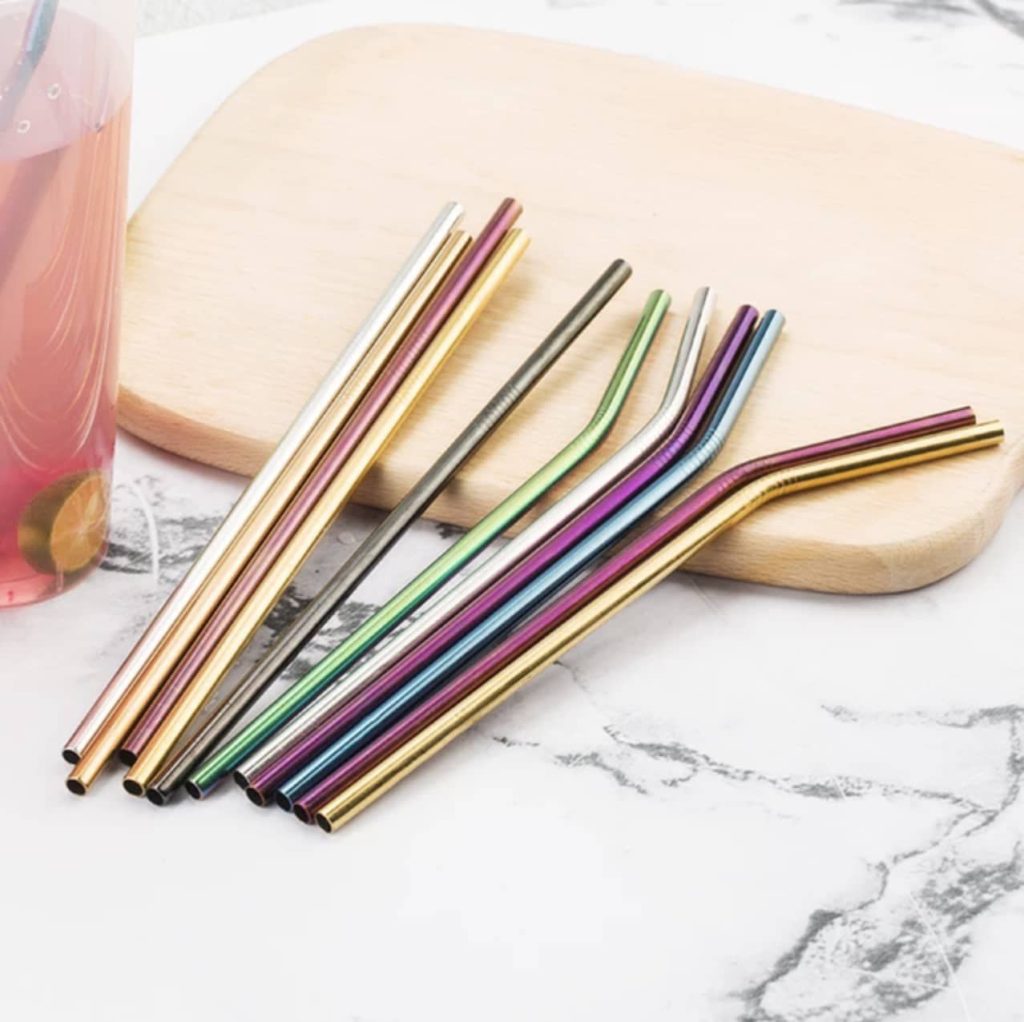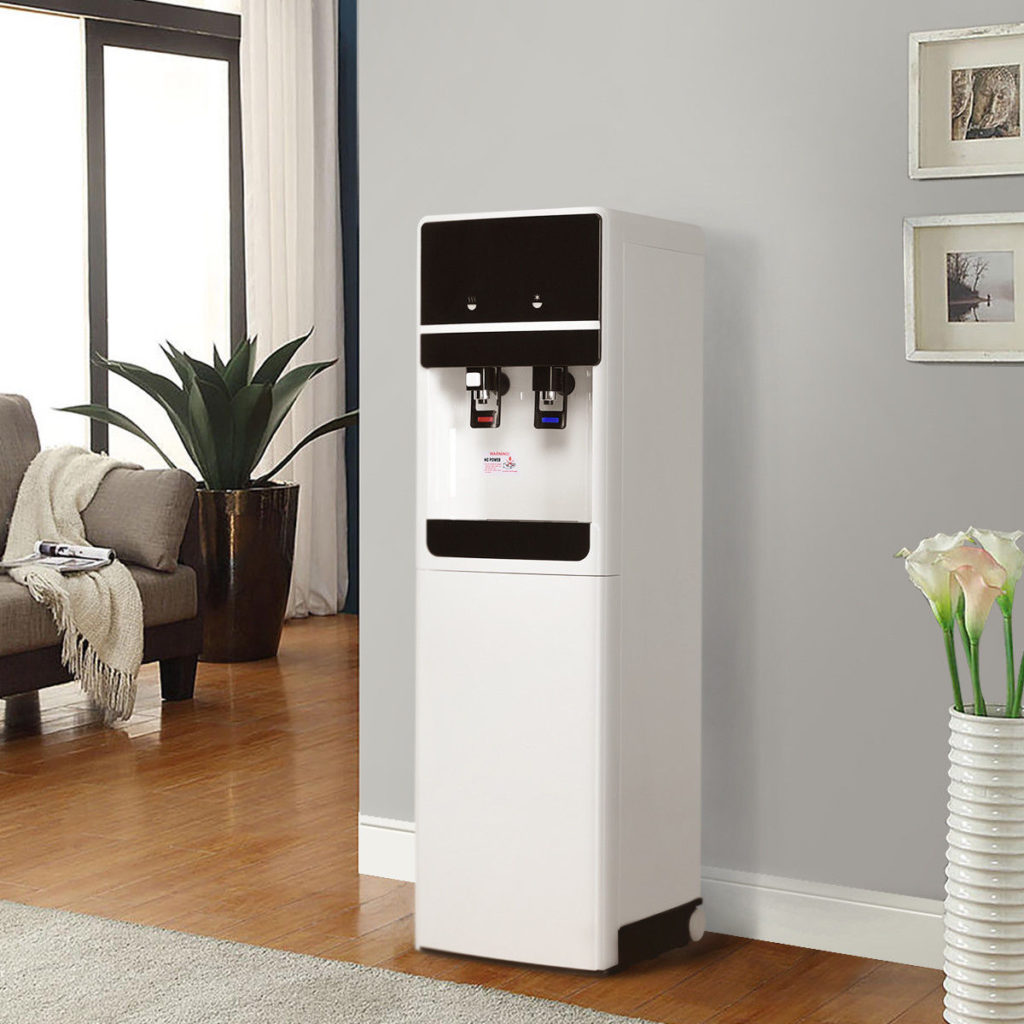There’s always a bit more we can do for our environment, especially with today’s issue of plastic infused oceans killing marine lives, poisoning our food chain, and accumulating forever in our eco-system. Living in Egypt makes the damage visually visible, the nile is over-filing with plastic bags, the air is musty, no wonder it’s most polluted city in the world.
Single use plastic is the fastest growing environmentally damage issue we face worldwide. Here’s how you can be an awesome person and contribute to the environment in a modern way.
Steel straws

The unique and elegant creation of steel straws is a healthier alternative to plastic straws that contribute to plastic waste and endangering marine species, like turtles. It can easily be used for kids or travel and cleaned with a specialized brush tool. This item is trendy for all the right reasons, and would make a great gift.
Nile clean-up

In Recent years, locals have been advocating change and it’s slowly working. Starting with the single-plastic usage ban in the Red Sea, banning swimming in the Nile and clean-up campaigns such as, Youth for The Nile, where the minister launched the campaign in hopes of a cleaner river and to raise awareness as well.
Reusable coffee cups

We’re all guilty of too many Starbucks runs, but guess what? You can bring your own reusable mug to your favourite cafe and they’ll fill it up for you. There are so many attractive and innovative options that not only save the environment, but they keep your drink warmer and cooler way longer!
Reusable cups and containers

Similar to coffee cups, water, lunch boxes and other storage products must be turned into being sustainable. Many of us go to school or work and doing this will not only save you money, but you can enjoy your lunch more knowing your making the planet greener.
Water cooler

A water cooler is the best way to stop using plastic water bottles. We lose count of how many bottles we down on a daily basis. If we look at numbers, people globally consume one million bottles per minute.



